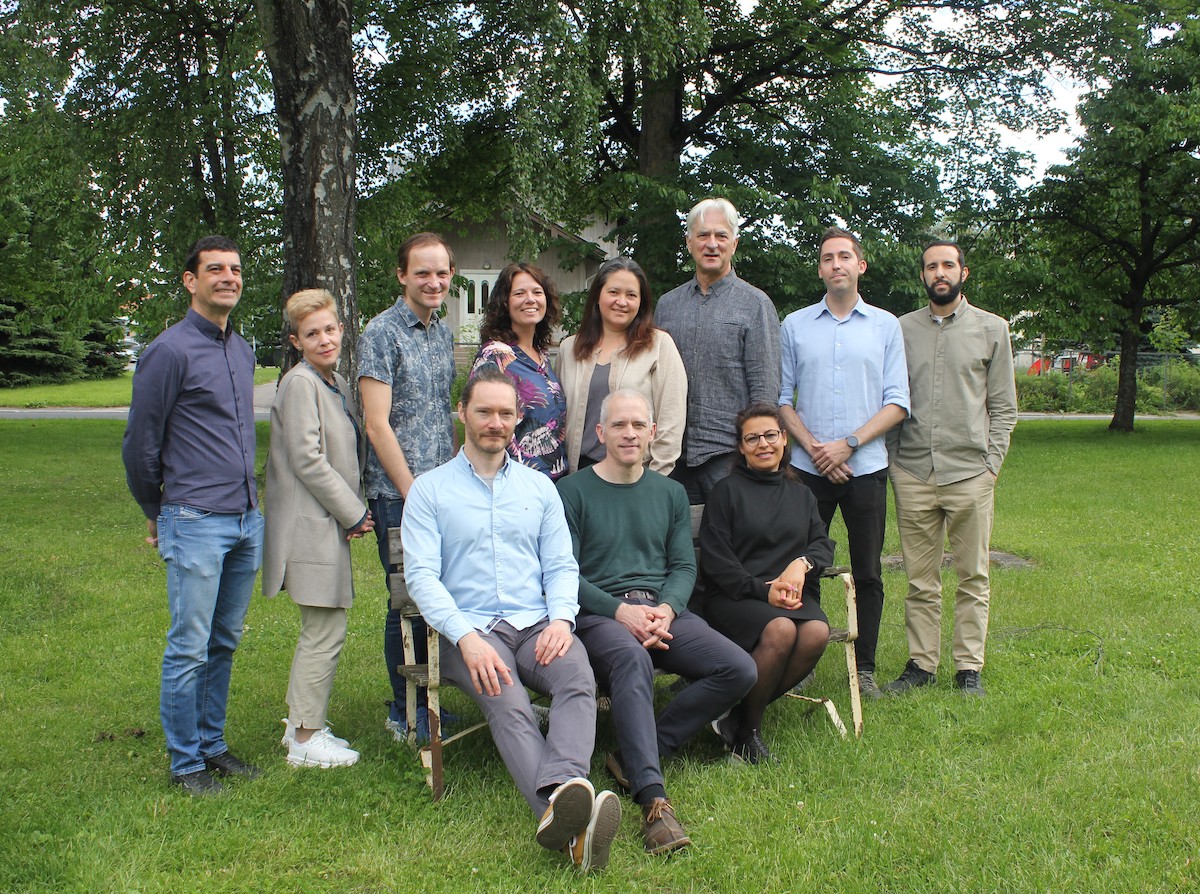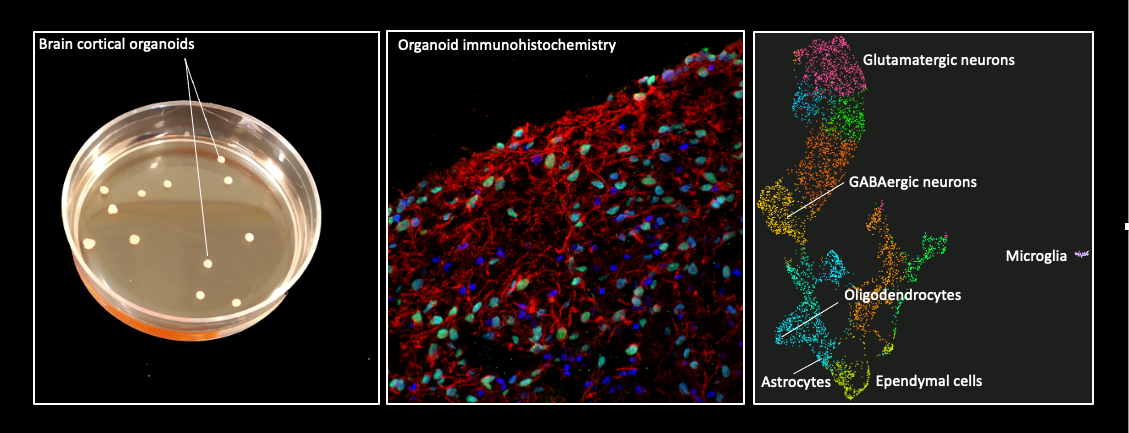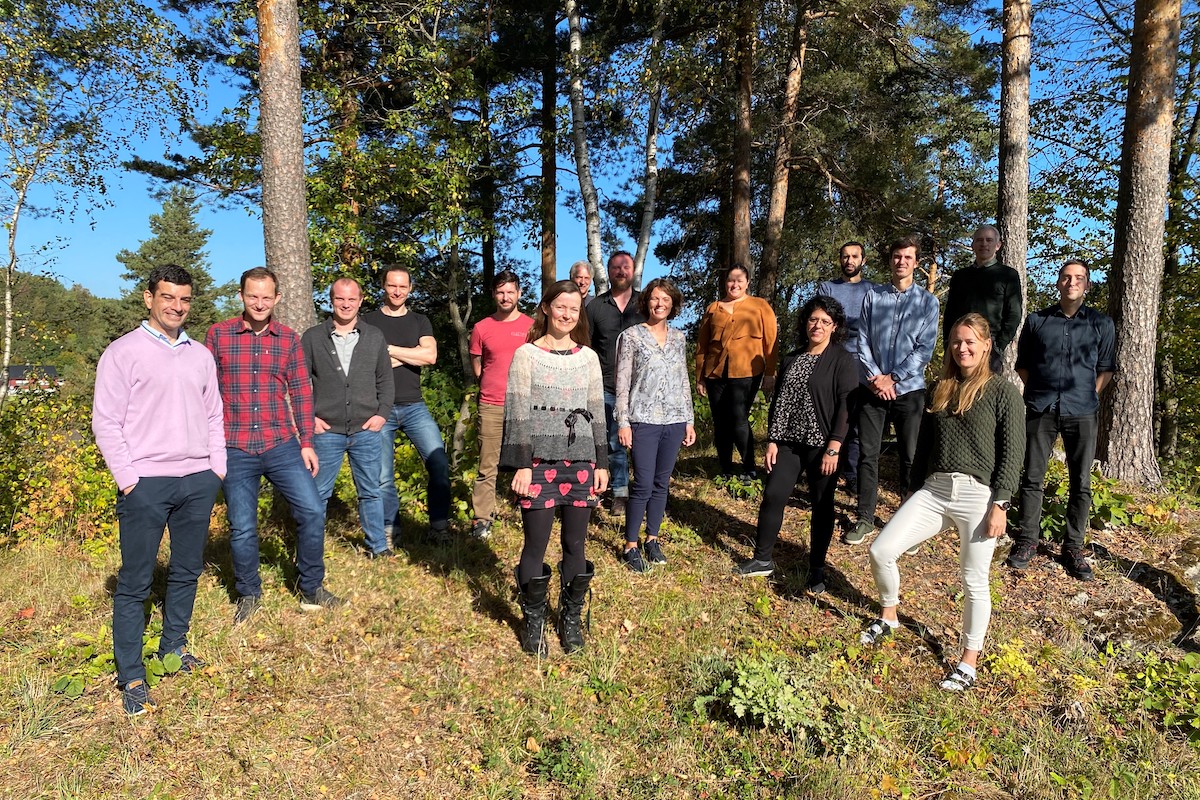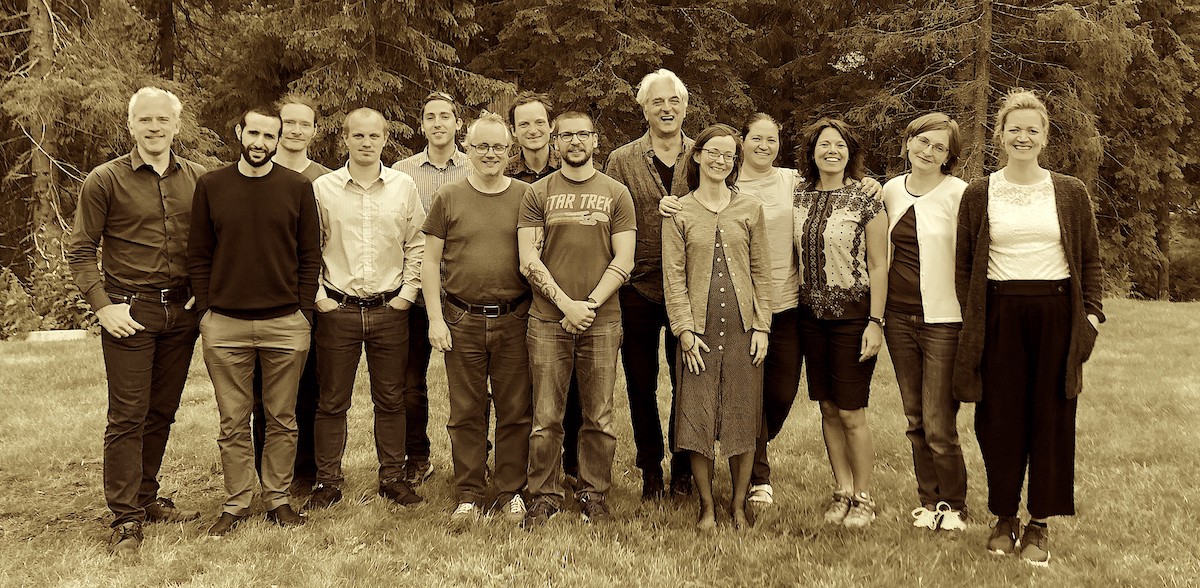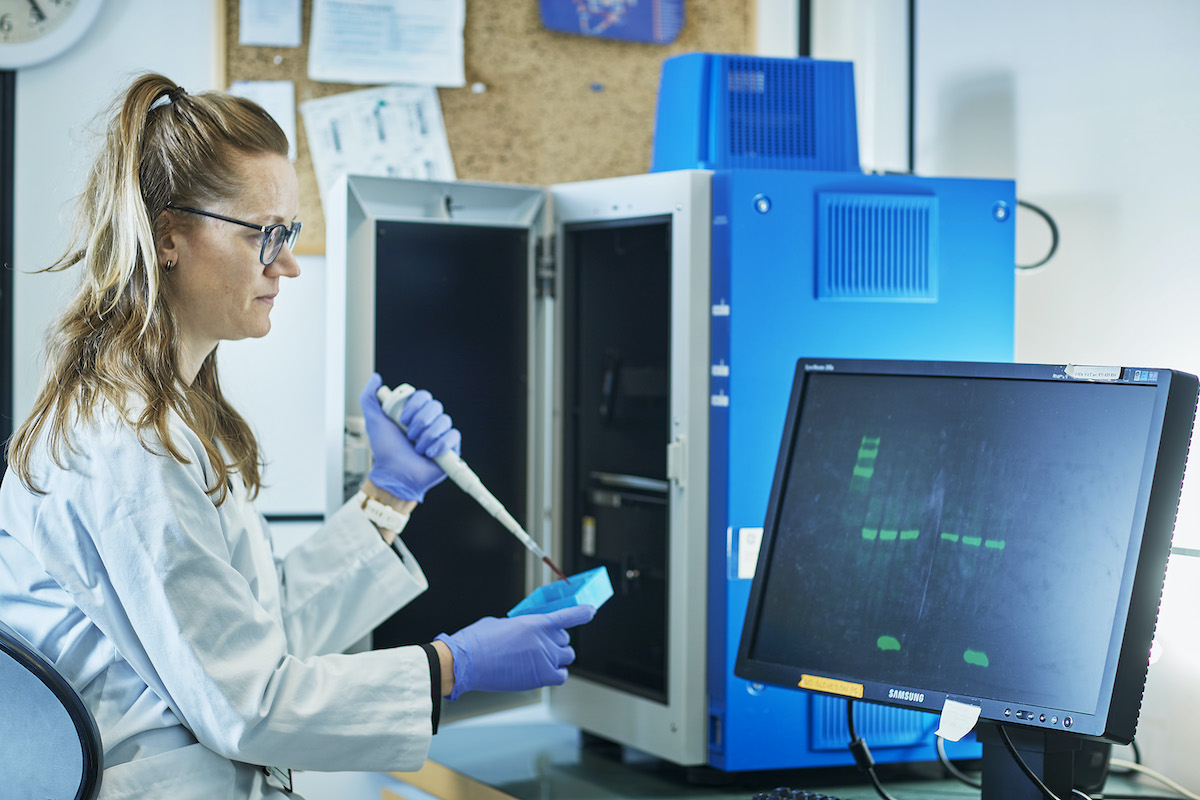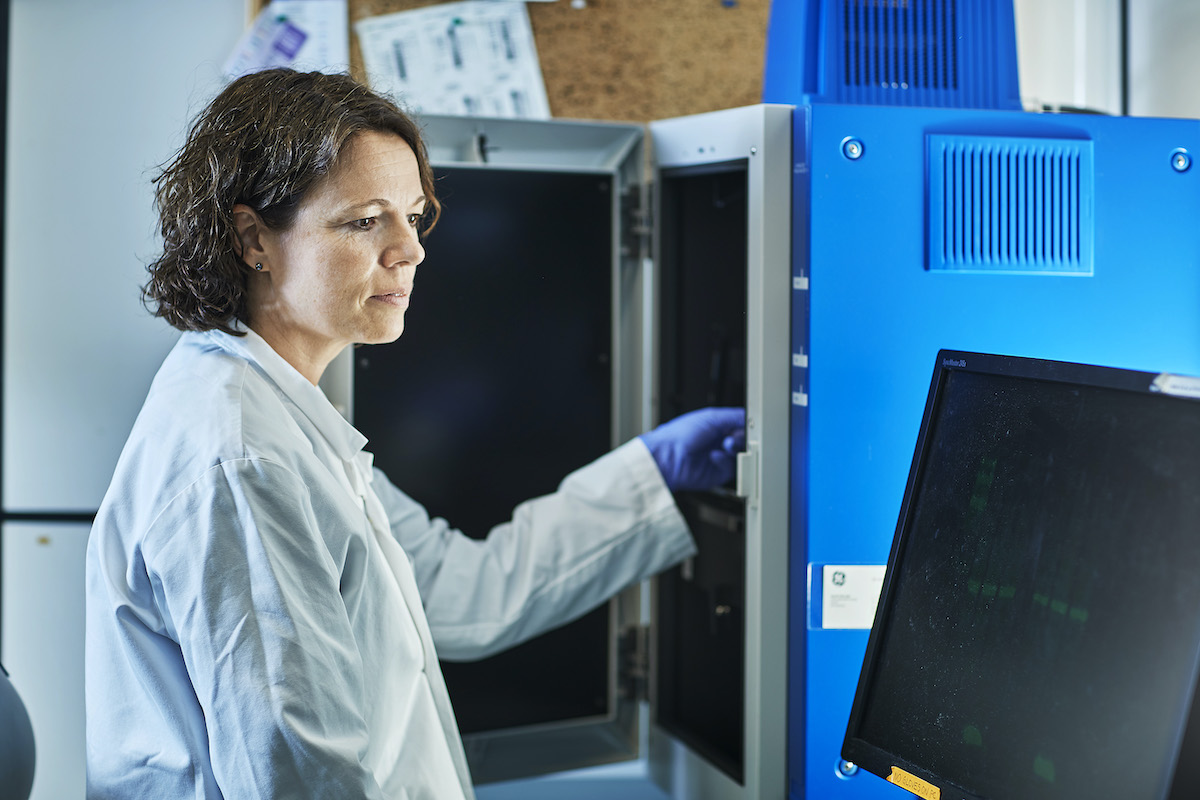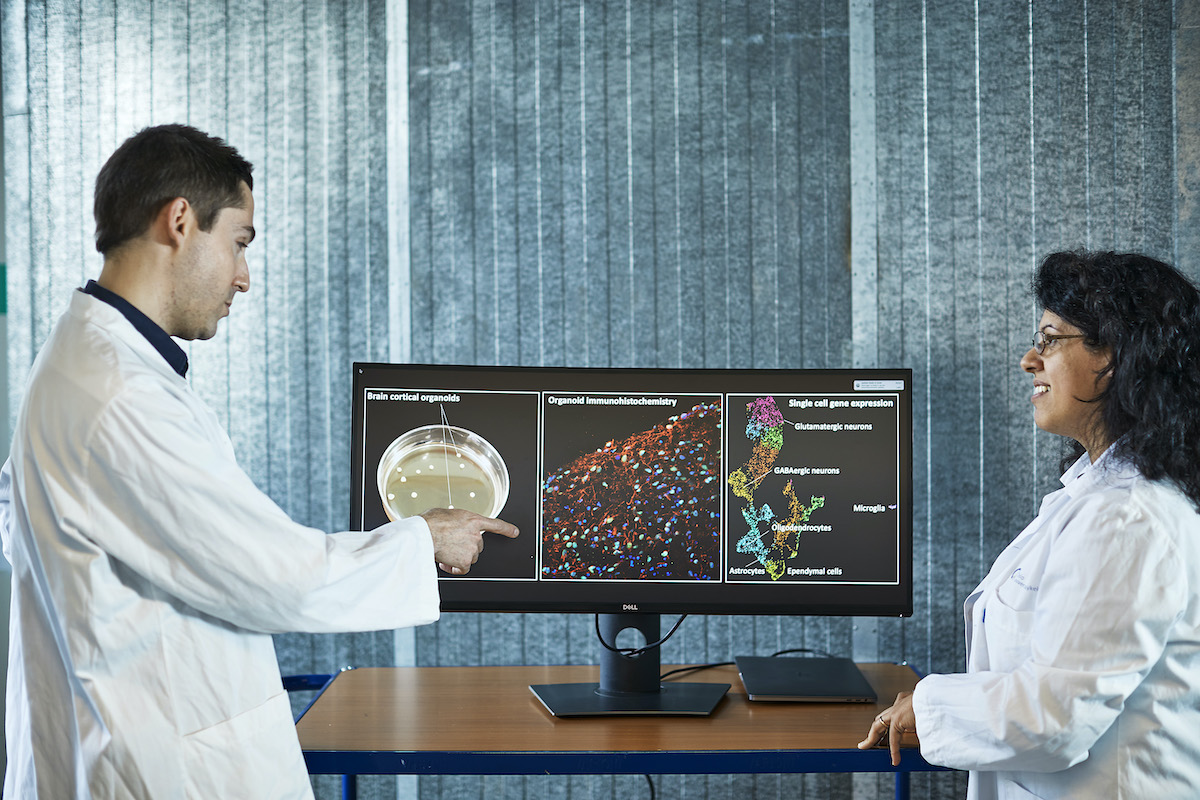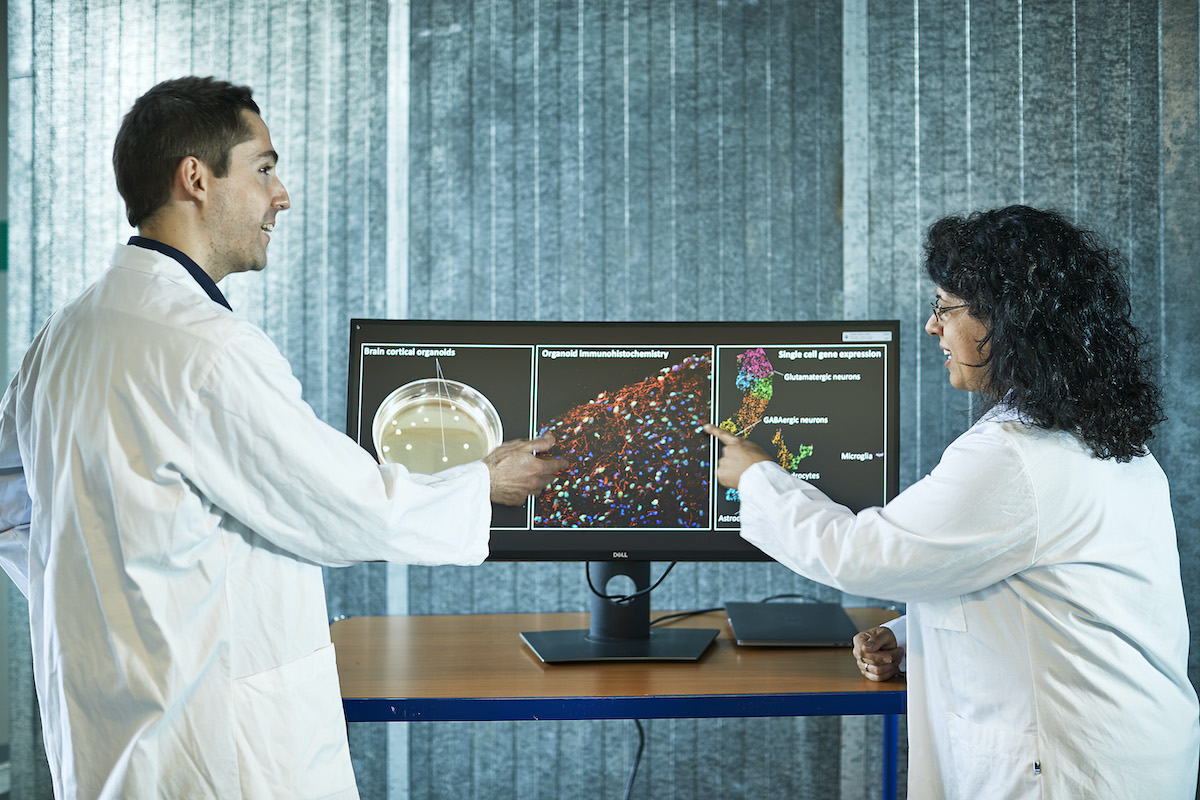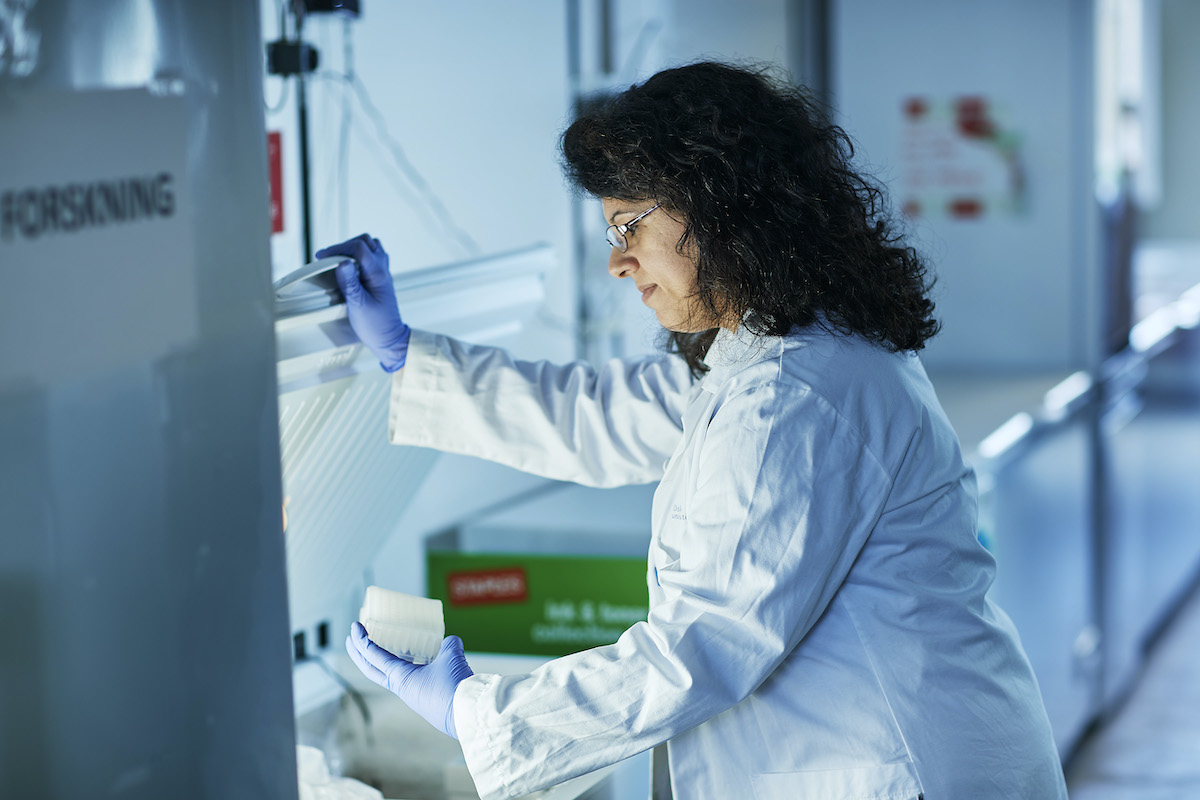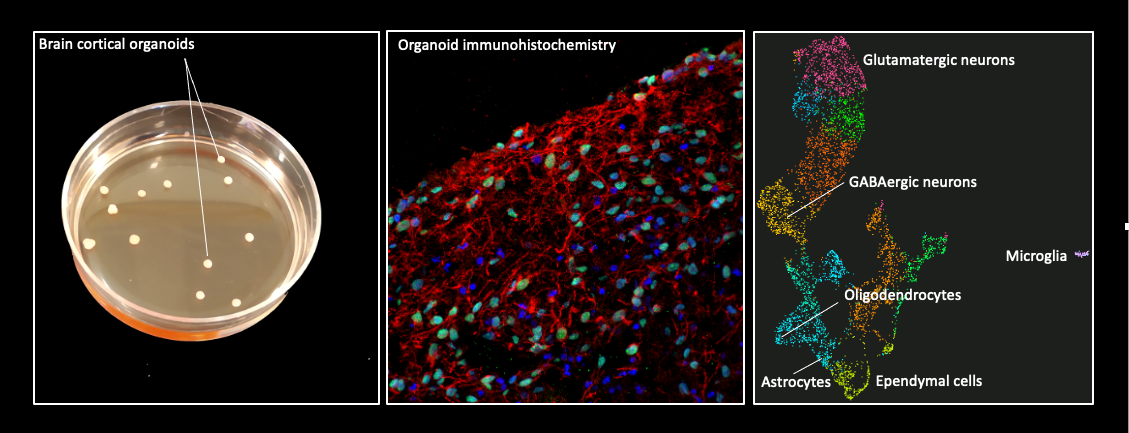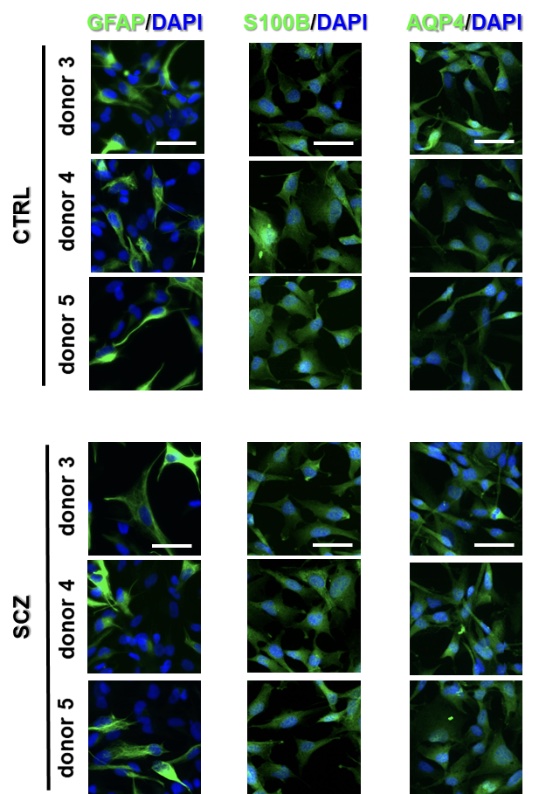Welcome to Srdjan Djurovic's research group: Psychiatric Molecular Genetics Group
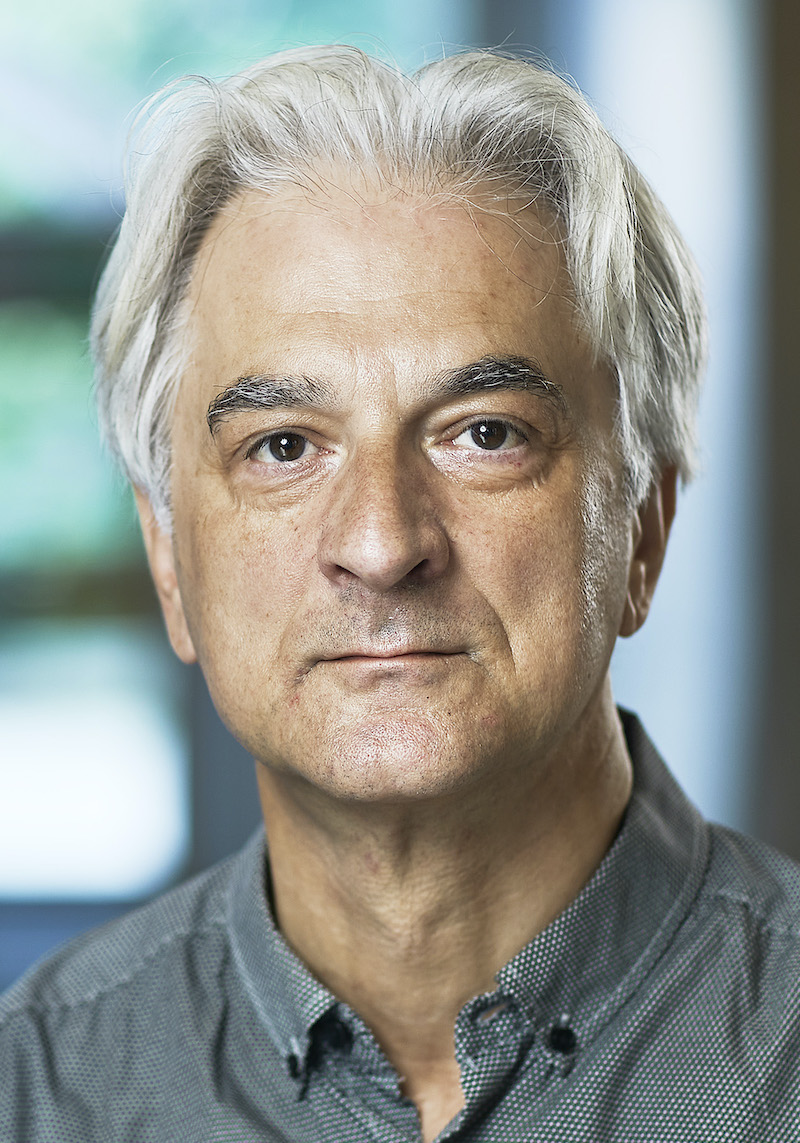
Group leader
Photo: Bård Gudim AS
The Psychiatric Molecular Genetics Group works to advance knowledge of the molecular genetics of psychiatric disorders through a strong multidisciplinary research environment. The group has multiple active research projects in collaboration with NORMENT2050, a major collaborative effort studying clinical characteristics, neurocognitive functioning, genetics and brain biology of psychotic disorders and with the newly formed Centre for Precision Psychiatry (OUH/UiO).
Aims
Our research aims are to:
- perform molecular genetic analyses to increase the knowledge and expertise in psychiatric genetics and genomics
- identify the molecular networks underlying psychiatric disorders
- continually develop an organization to support psychiatric genomics and stem cell studies with design and planning and experiments.
- continuously foster new ideas

